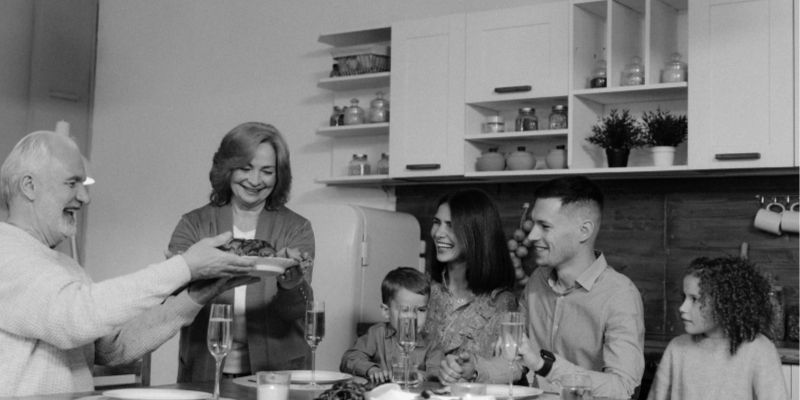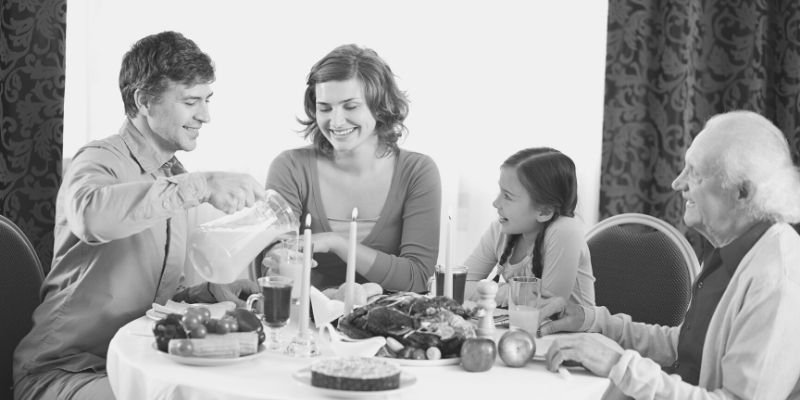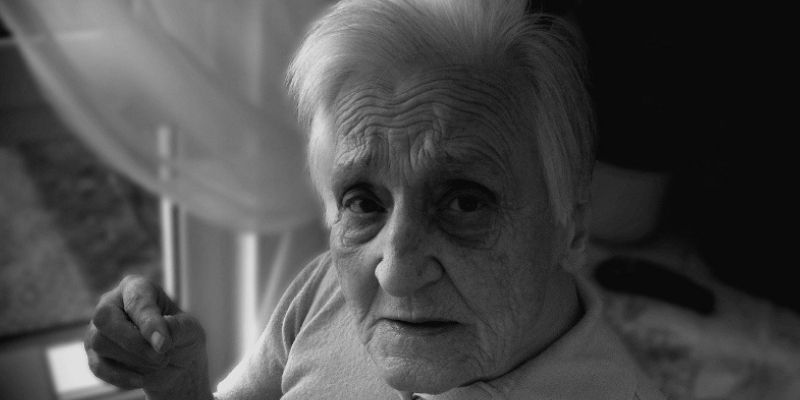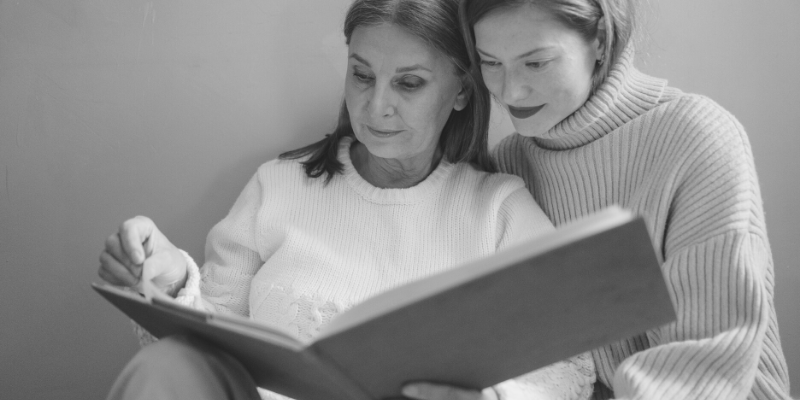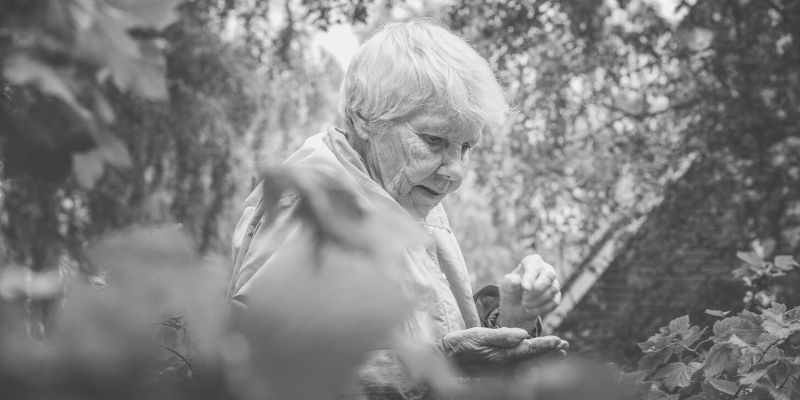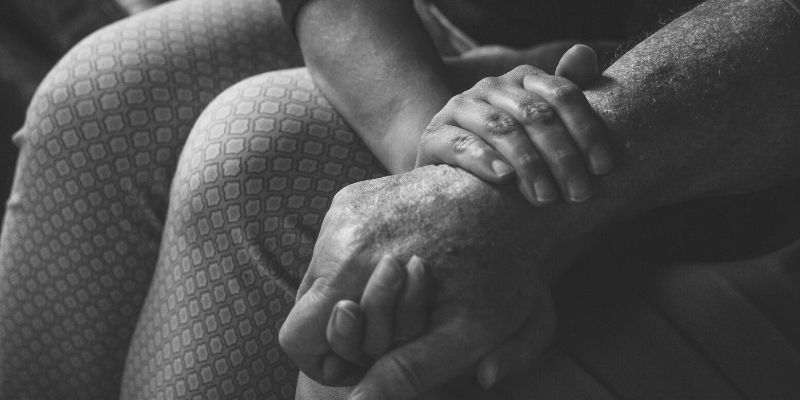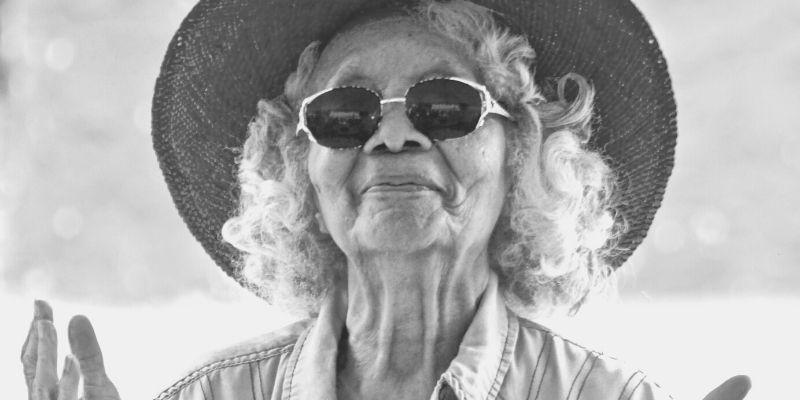As our parents age, we often take on the role of caregiver, and the management of this can happen from afar. From a distance, we can take measures to help our parents remain safe, but the first step is to physically visit our parents to identify things that we can change.
